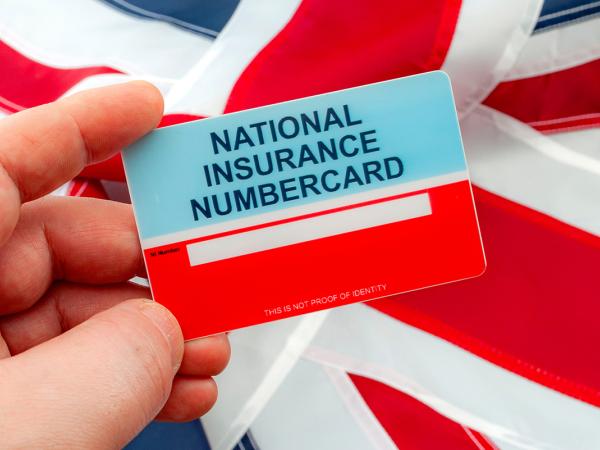Part time employment: NIC
If you are employed part-time and only work a few hours a week, you may not earn enough to pay any class 1 NIC. If you are asked to work more hours, you may be worried about the effect on your NIC liability. Here we look at the NIC implications.

Content on this page:
Earning less than the lower earnings limit
As we explain on our NIC for employees page, if you work part-time and earn less than the lower earnings limit (£123 a week or £533 a month for 2024/25) for class 1 NIC purposes, you pay no NIC (nor are treated as paying any NIC). This means your entitlement to contributory benefits or the state pension could be affected if you are not otherwise entitled to NI credits.
For employed earnings to count towards a qualifying year for state pension purposes, they must be earnings ‘upon which primary class 1 contributions have been paid or treated as paid’ (and not exceeding the upper earnings limit). The annual threshold for earnings to make a year a qualifying one is defined as 52 times the weekly lower earnings limit for the year. In 2024/25, this is £6,396 (£123 x 52).
Therefore, while you do not need to earn over the lower earnings limit in each and every week of the tax year, weekly earnings below this threshold (or monthly earnings below the monthly threshold, if monthly paid) will not count. Similarly, earnings exceeding the upper earnings limit are also ignored in working out the total amount to be tested against the annual threshold to determine whether the year is a qualifying one. There is no averaging in the calculation.
Earning more than the lower earnings limit
As we explain on our NIC for employees page, if your earnings are between the lower earnings limit and the primary threshold, you enjoy the benefits of the NIC system without the costs.
Therefore, if it is possible for you to work additional hours to bring earnings between the lower earnings limit and primary threshold, this will be beneficial and will give you the benefits of the NIC system for no extra cost.
Note that a change in your earnings and/or working hours can affect your entitlement to tax credits, universal credit or other state benefits, so it is worth considering the overall picture. You might need to take advice.
Seasonal workers coming to the UK
Seasonal workers who come to the UK from overseas will normally be liable to pay NIC on their UK earnings, unless they earn less than the primary threshold (£242 per week or £1,048 per month for 2024/25). Unlike income tax, NIC is generally assessed per pay period rather than annually.
Therefore, if you are a seasonal worker and only work in the UK for part of the tax year, you cannot usually get a refund of the NIC.
If you paid NIC during your time in the UK, however, the contributions may help to determine whether you are eligible for benefits under another country’s social security system.
There is more information in our page NIC in cross-border situations.



